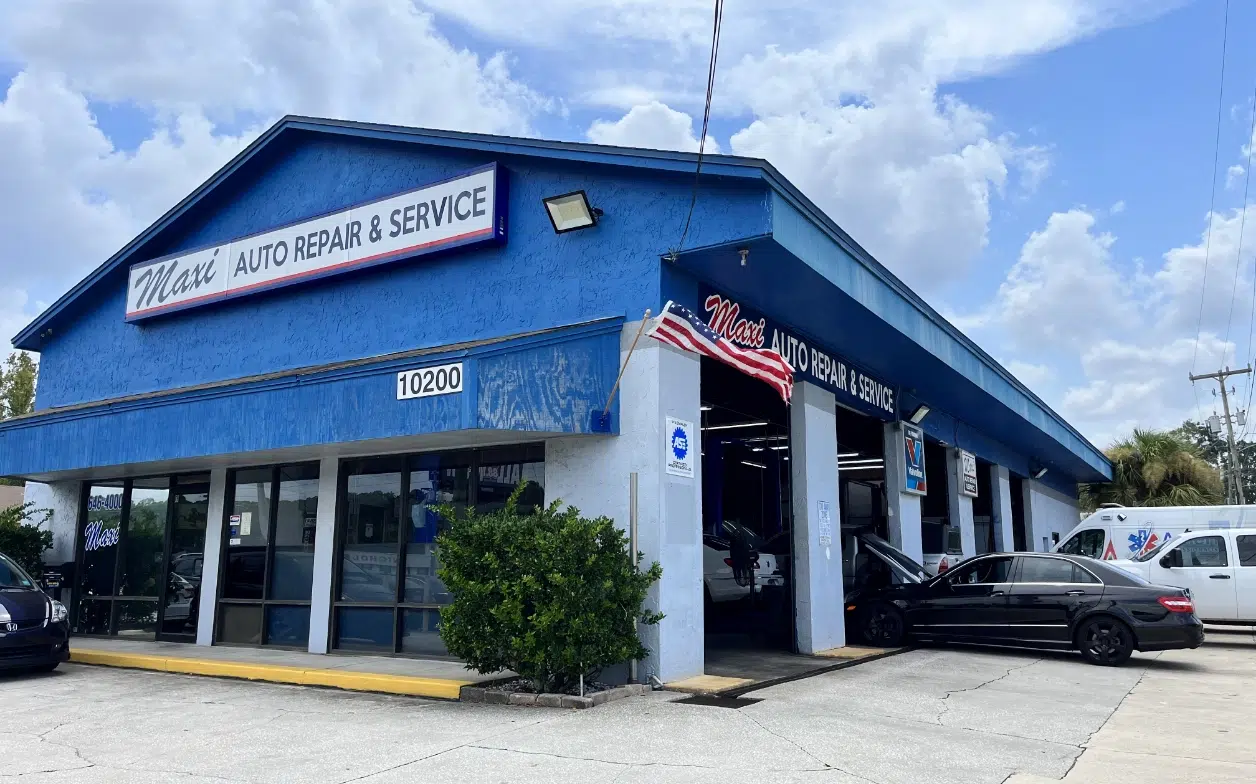All Categories
Featured

Your auto's engine is the heart of your automobile, and keeping it in leading condition is crucial for ideal efficiency and durability. Normal engine tune-ups are an excellent means to preserve your automobile's health, enhance fuel effectiveness, and stay clear of pricey repair work in the future. Whether you're a vehicle lover or a person who simply wants to maintain their vehicle running efficiently, these engine tune-up tips will certainly help you obtain one of the most out of your auto.
- Replace Flicker Plugs. Ignition system play a crucial duty in beginning your engine and ensuring smooth combustion. In time, ignition system can become unclean or worn, causing misfires, lowered gas effectiveness, and harsh idling.
During an engine tune-up, inspect and change your ignition system if required. A lot of lorries require new trigger plugs every 30,000 to 100,000 miles, depending on the kind. Consistently replacing stimulate plugs ensures correct ignition and optimal engine performance.
- Inspect and Tidy the Air Filter. The air filter avoids dust, dirt, and debris from entering your engine. A stopped up or unclean air filter limits air flow, causing your engine to work more difficult and shed even more fuel.
Check your air filter throughout a tune-up and replace it if it's unclean. In dusty settings or locations with hefty contamination, you may need to transform the air filter much more frequently. A clean air filter can improve gas performance and prolong the life of your engine.
- Check and Change Belts and Pipes. Belts and hoses are vital for numerous engine features, such as powering the alternator, water pump, and cooling system. In time, these parts can split, fray, or wear, possibly causing break downs.
During a tune-up, check belts and pipes for signs of wear and change them if required. Replacing these parts proactively can save you from pricey repairs and avoid unexpected failures.
- Clean the Gas System. Your gas system, consisting of the fuel injectors and fuel lines, can collect dirt and carbon down payments gradually, decreasing engine effectiveness. Cleaning up the fuel system throughout a tune-up aids improve performance and gas economic situation.
You can use a gas system cleaner or have a specialist mechanic execute a much more thorough cleaning. This step is particularly vital for older automobiles or cars and trucks that often drive in stop-and-go traffic.
- Inspect the Battery and Billing System. A healthy battery is important for starting your engine and powering electrical elements. During a tune-up, inspect the battery terminals for deterioration and make certain the links are tight.
Check the battery's voltage and replace it if it shows indicators of weakness. Additionally, have the alternator and billing system checked to ensure your battery stays charged throughout operation.
- Modification the Engine Oil and Oil Filter. Oil adjustments are an essential part of engine maintenance. Engine oil lubricates moving components, lowers rubbing, and assists manage engine temperature. Over time, oil ends up being polluted and loses its effectiveness.
During a tune-up, change the engine oil and oil filter to maintain your engine running smoothly. Follow your vehicle's supplier suggestions for oil type and adjustment intervals.
- Check the Cooling System. The cooling system avoids your engine from overheating. With time, coolant can deteriorate or become infected, decreasing its efficiency.
Examine the coolant level and condition throughout a tune-up, and flush and replace it if required. Examine the radiator, water pump, and tubes for leakages or damages. A well-kept air conditioning system aids your engine run at the best temperature level and prevents getting too hot.
- Examine the Ignition System. A faulty ignition system can trigger starting issues and reduced engine efficiency. During a tune-up, check the ignition coils, distributor cap, and rotor (if relevant) Change any type of components that show signs of wear or damage to guarantee smooth and dependable engine operation.
- Listen for Uncommon Noises. Throughout a tune-up, seize the day to pay attention for any type of unusual engine sounds, such as knocking, ticking, or hissing. These noises can indicate underlying issues, such as shutoff issues, loosened parts, or exhaust leaks. Addressing these issues early can stop much more substantial damages.
- Use High Quality Components and Fluids. When performing an engine tune-up, always make use of high-quality components and fluids that meet your automobile manufacturer's requirements. Inexpensive or inaccurate elements can jeopardize your engine's performance and integrity.
Verdict: A Well-Tuned Engine is Trick to Long life. Routine engine tune-ups are important for keeping your automobile's performance, performance, and reliability. By changing worn elements, cleaning important systems, and attending to possible problems, you can keep your engine running smoothly for years to find. Whether you're doing it on your own or counting on a relied on mechanic, buying tune-ups is a smart means to shield your lorry and take pleasure in a more secure, smoother trip.
Latest Posts
Why Choose Montana Fence for Your Fence Requirements
Enhance Your Building with Expenses Door Solution
Need the Best Auto Shop in St. Louis? Experience Excellence at Car-X St. Louis